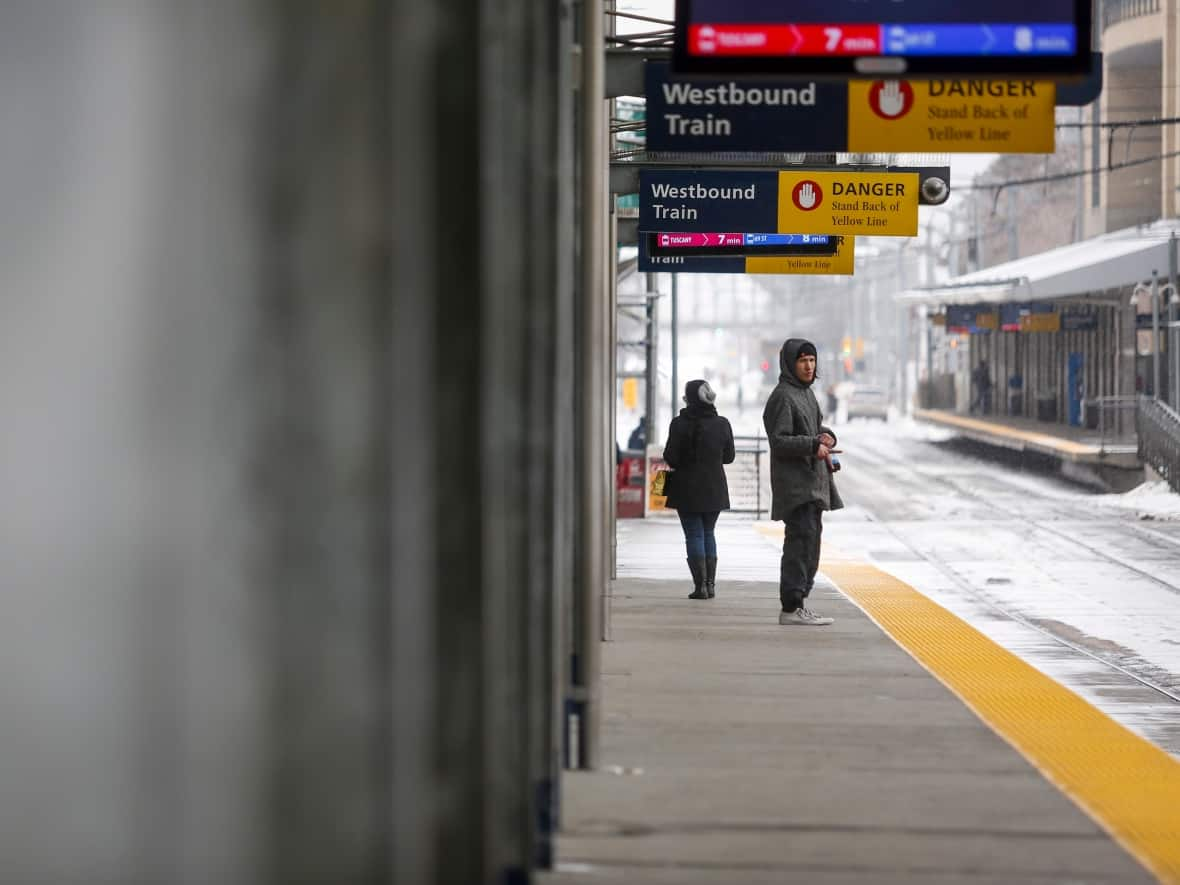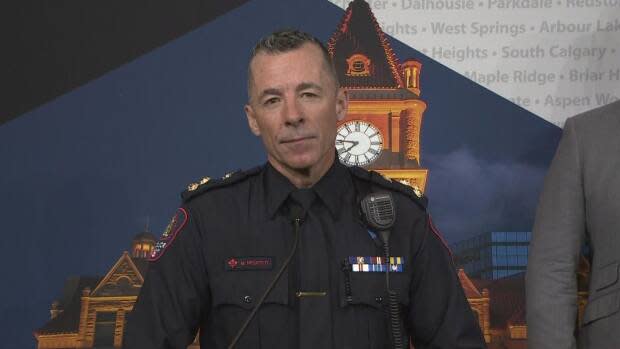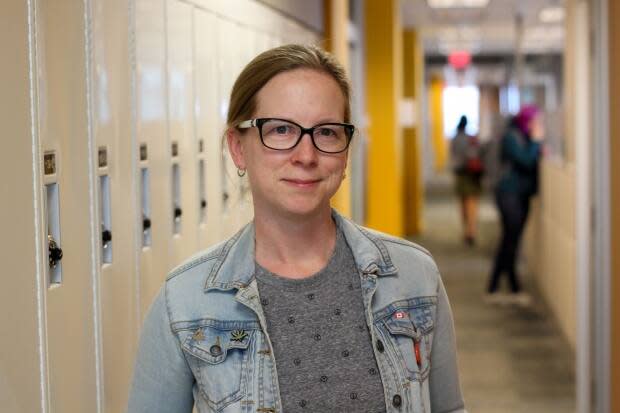Calgary adding security guards, increasing overnight patrols in bid to boost transit safety

The City of Calgary is adding security guards to its stations, redeploying peace officers to what they call problem areas and taking other measures as part of promised initiatives targeting safety on transit.
Calgary Mayor Jyoti Gondek had promised "immediate action" last week after a woman was taken to hospital with life-threatening injuries after what police said was an assault at the Lions Park CTrain station.
"The action that we are taking today is crucial to restoring not only safety, but trust with Calgarians. I know there are many folks that are scared to use the train right now," Gondek said. "That is certainly not something that we can turn a blind eye to."
Still, a public health expert, whose research looks at substance use and drug policy reform, says a broader societal issue is likely to persist beyond the initiatives announced Monday.
"What's missing is that there are deep, deep inequities in our city. And these are the places that they manifest, and a law enforcement response alone is not going to solve the problem," said Rebecca Haines-Saah, an associate professor at the University of Calgary's Cumming School of Medicine.
Measures announced
The city says that it will immediately increase the number of contracted security guards at stations from eight to 16, before increasing to 24 by the end of April. Overnight patrols, which will pair police officers with community peace officers, will increase from four to seven nights a week.

Peace officers have also been redeployed to "areas of high concern" along 7th Avenue S.W., and the city said it will "proactively" send peace officers when "suspicious behaviour or gatherings" are observed.
The city said it will also increase cleaning of CTrain stations, remove benches in certain areas to reduce loitering, run announcements that stations are under surveillance, and create a "rapid response" to repair-damaged infrastructure.
The new announcements follow various previous initiatives taken by the city in attempts to respond to issues on transit.
Issues on transit widespread across jurisdictions
Calgary transit riders have, at various times over the past number of months, expressed safety concerns tied to their commutes. Jurisdictions across Canada have been receiving the same sorts of feedback, including in Toronto and Edmonton.
All of this comes amid an increasingly toxic drug supply making its way into North American cities. Health experts have been tracking the increased presence of xylazine, a dangerous animal tranquillizer, being laced into Canada's street drugs.
There's a recognition that not all issues on the transit system can be solved through enforcement alone, said Aaron Coon, Calgary's chief for public vehicle standards with emergency management and community safety.
"These people that are accessing ... our transit system, some need more help than enforcement. So everyday our peace officers are working with our social partners to create connections for our vulnerable population," he said.
The city has an outreach team that partners with the Alpha House, which connects individuals with social supports like shelter and detox.

Haines-Saah said what will remain are the issues faced by those people on the street.
"So I don't know where this is going to move all these people. Is it going to move it to parks? Is it going to move it into communities? We can't disappear the issue from transit by policing alone," she said.
Haines-Saah said she would like to see an additional emphasis placed on the Four Pillars of drug policy, involving enforcement, prevention, treatment and harm reduction.


